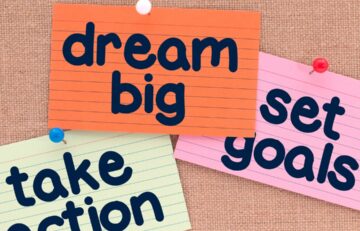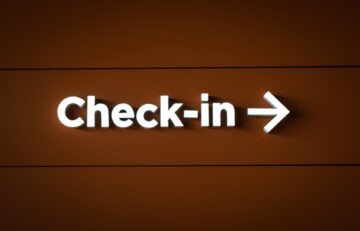LIKE ROLLING BOULDERS UP A HILL THROUGH TREACLE
- Publication date April 3rd, 2024
- Category Emotional Intelligence

I had a catch-up with a friend last week. We spoke about all kinds of things, and he used a phrase that just stuck with me.
I asked him what he meant by “like rolling boulders up a hill through treacle” and he went on to explain the story of Sisyphus and the futile nature of the task he was given as a punishment where he had to roll a boulder up the hill.
The treacle is that additional pain of life that can occur due to the environment, people around us, or even our own mindsets. Our lives can get made even harder by trying to do things in a complicated way and it just gets messy and sticky.
This anecdote reminds me of our own human nature where we can get ourselves stuck in things from our thoughts, problems, behaviors, and actions.
When we think that things cannot change or that everything is a challenge, we get caught
up in patterns that prevent us from moving forward. We can end up blaming others, complaining about not having the right technology, saying we are not feeling supported to that’s just the way things are.
“Complaining does not work as a strategy. We all have finite time and energy. Any time we
spend whining is unlikely to help us achieve our goals. And it won’t make us happier.”
— Randy Pausch

What I find is that people who talk about their circumstances are at the cusp of wanting to make some kind of change. They have an awareness that they are holding themselves back or that their environment is impacting their progress and potential.
What can we do if we are ever faced with an uphill and sticky battle which simply doesn’t lessen?
1. Get to the source of the problem
- Understand the causes – are the internal/external, real or imaginary?
- Gather the facts of a situation – data is powerful to understand reasons and the truth.
2. Ask yourself how you are contributing to the challenge
It may be hard to look within as we may be the ones causing the challenges and circumstances we find ourselves in:
- Are your behaviors or attitudes adversely impacting things?
- How have you contributed to where things are today?
- What can you change about yourself in this situation?
3. Look at what can be changed
Assess the internal (self) and external (environment/people) and identify what can be changed.
Focus on your circle of control which refers to those things that we can take action on, make decisions about, and impact in a meaningful way. Our circle of control typically includes things like our thoughts, behaviors, attitudes, and actions. By focusing on our circle of control, we can cultivate a sense of empowerment and ownership in our lives, rather than feeling helpless or powerless.
In the words of Epictetus:
“We should always be asking ourselves: “Is this something that is, or is not, in my control?”
4. Who can help you
Sometimes we get lost or stuck in a rut and cannot find our way out. Seek the support of others. Think about who and what you need right now, then go about:
- Identifying who is the right person to help you
- Clarifying how you want them to help you….will it improve or worsen things? For example, a genuine advisor versus a loan shark
- Understand who you need for what purposes. Do you need different people for different things? For example, someone who has financial expertise, a counselor to discuss personal challenges, and a coach to work through burnout and goal-setting?
5. What would happen if nothing changed
A question many coaches ask is, what would happen if nothing changed?
This is trying to push the person to think of how bad things are. If nothing changed, what would be the impact on your life or those around you?
Is the status quo tolerable therefore if nothing changed, it can be managed.
Will things get worse, therefore, something needs to shift.
6. What would happen if everything changed?
Another powerful coaching question that we can ask ourselves is a forward-looking looking one which drives us towards actions and results – what would happen if everything changed?
Think about the best-case scenario which you desire in your life and reflect on these questions as if you have achieved your goals and desires:
- How would you feel?
- Who would be there with you making it happen?
- Who would be there supporting you towards the new plans for your life?
- How would you look?
- What would you be doing?
- How would you look back at your journey now that you have gotten to where you wanted?
- What did you enjoy and learn about this time?
The next time things seem stuck and there doesn’t seem to be a clear path, step back and reflect on these points as they may bring clarity and simplify our thought processes.
“You could leave life right now. Let that determine what you do and say and think.”
Marcus Aurelius


